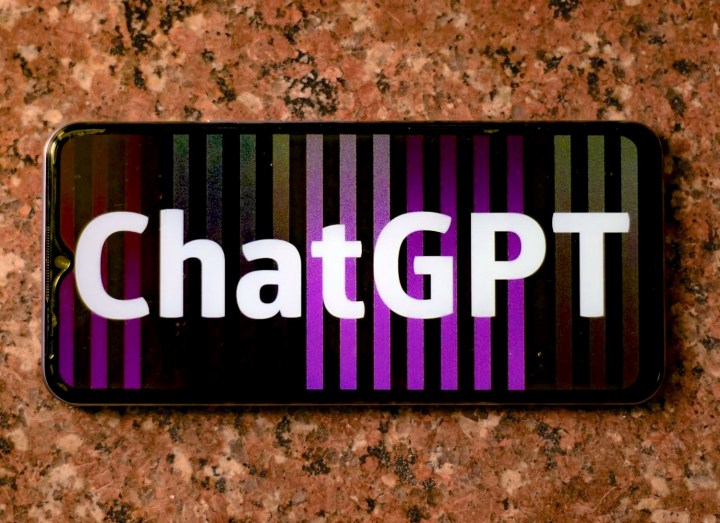Select Language:
Recently, OpenAI faced significant criticism after some ChatGPT conversations went seriously off the rails. For instance, someone seeking health advice ended up experiencing a type of psychosis that was last seen decades ago. In some cases, these interactions have even proven to be deadly.
In response, the company is considering introducing a privacy feature that could top confidentiality concerns—by encrypting temporary chats. This would be a welcomed change for users worried about the privacy of their conversations, as it would likely prevent others from viewing what they’ve said. However, it could also make it more difficult for law enforcement to access these records when necessary.
So, what’s the plan? During a recent interview, OpenAI CEO Sam Altman mentioned that fleeting chats might soon be protected with encryption. When you activate the temporary chat mode, the chatbot won’t remember previous exchanges, meaning responses won’t be customized based on past conversations.
It’s as if the chat history gets erased at the start of every new session. These conversations won’t be saved or used to train AI models. However, OpenAI’s policy does acknowledge that these chats can be stored for up to 30 days, citing safety protocols.
There are many reasons someone might prefer a temporary chat—think of it like browsing incognito, but for conversations instead of the internet. While this mode is intended to offer a safer, more private way to discuss sensitive topics, it’s not completely foolproof.
Why does encryption matter so much? The real issue surfaces when law enforcement gets involved. In a recent podcast, Altman hinted that the company is legally obligated to hand over chat records if required by law.
This raises concerns, especially when discussing topics like health issues or legal matters, where privacy is crucial. Encryption could be a crucial safeguard, ensuring that even if data is handed over, your conversations remain confidential. Altman emphasized the company’s commitment to privacy, noting that implementing encryption for temporary chats is a top priority, although he didn’t specify exactly when this might happen.
Many users are having more open, intimate conversations with ChatGPT—covering areas like medicine or law—without any form of confidentiality protection. Adding encryption could significantly address these privacy vulnerabilities, giving users more peace of mind when discussing sensitive topics.







